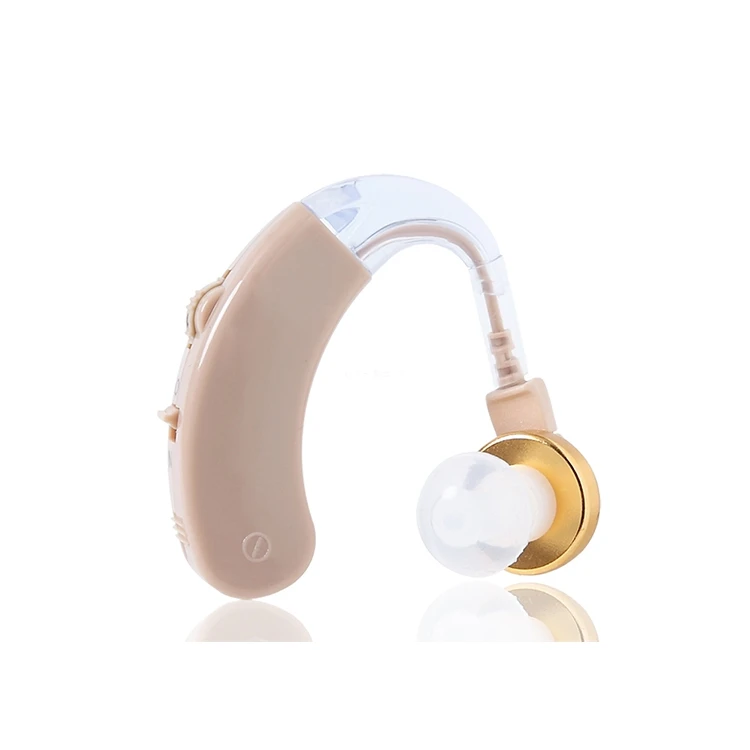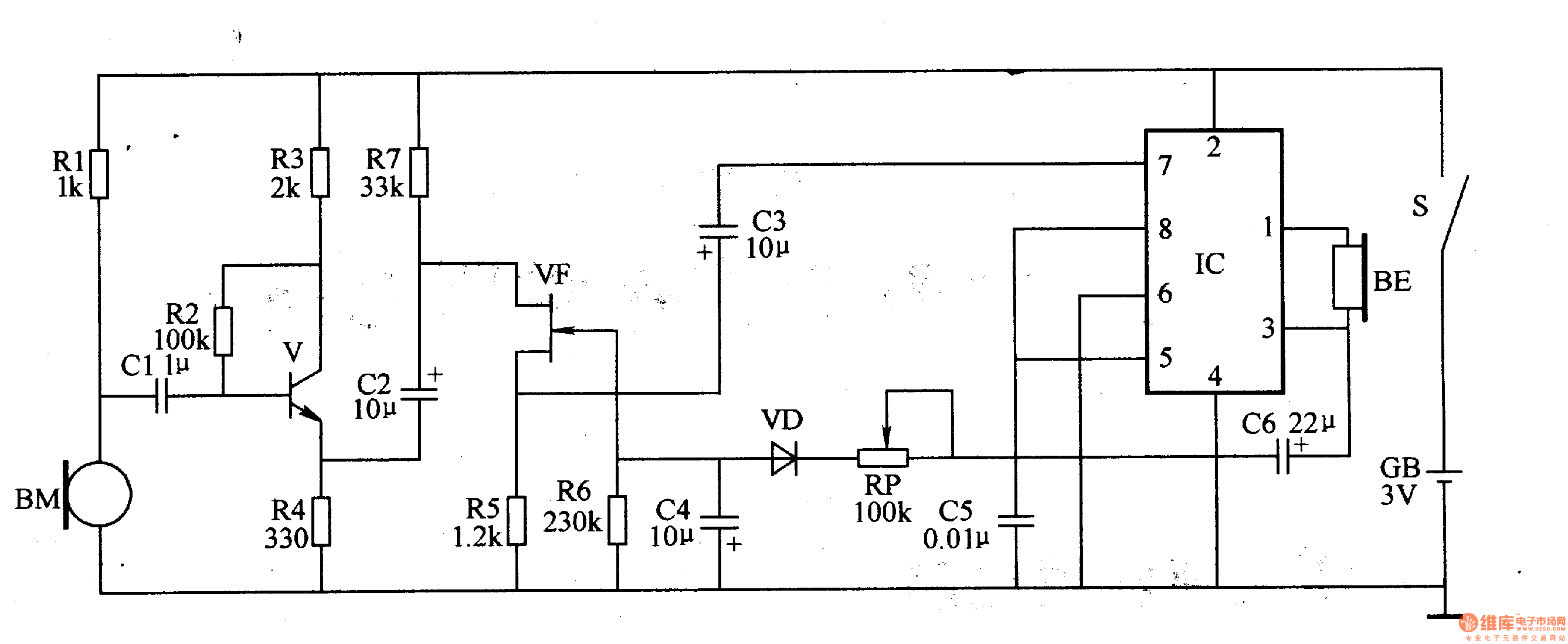
Hearing aids are now smaller and more discreet than ever before.Ī person who shows symptoms of hearing loss should consult with a doctor for a hearing test. Statistics indicate that it takes individuals 7 years, on average, to seek treatment for hearing loss, possibly due to high costs and concerns over social stigmas.Īnyone putting off learning more about hearing aids due to concerns that they are too visible should find some comfort in current technological advances. People who have hearing loss should talk with their doctor. According to the American Speech-Language-Hearing Association, SNHL involves damage to the inner ear and is the most common form of permanent hearing loss. However, sensorineural hearing loss (SNHL) is treatable with hearing aids. However, they are not a cure, as they do not address the underlying biological causes. Hearing aids are an adaptation for deaf people and those with partial hearing loss, and they can make everyday life easier to manage.


V5261 hearing aid tv#
have an inability to understand dialogue when watching TV.frequently ask people to repeat what they said.A person might benefit from a hearing aid if they: There are many early symptoms of hearing loss.
V5261 hearing aid how to#
How to know whether you need a hearing aid People considering Medicare Advantage should compare the benefits of individual plans before selecting the best option for their needs.

Some Medicare Advantage plans cover hearing aids and the associated costs, such as maintenance. However, the cost and coverage vary by plan. Medicare Part C, also called Medicare Advantage, is an insurance plan that private insurance companies offer to replace Medicare parts A and B. However, it may be a suitable option to benefit some people with certain types of hearing loss. It is important to understand that a BAHA is not the same as a traditional hearing aid. It works differently than traditional hearing aids - it transmits sound waves through bone conduction, stimulating the cochlea and bypassing the middle and outer ear. Medicare classifies a BAHA as a prosthetic device and not a hearing aid.Ī BAHA is a surgically implanted device that helps people with certain types of hearing loss. Medicare Part B also covers bone-anchoring hearing aids (BAHA). People who attend a hearing exam in the hospital’s outpatient department will need to cover a co-payment directly to the healthcare provider. They will also need to pay part of any outstanding deductibles on the policy. However, the individual on the policy is still responsible for paying 20% of the cost. Typically, it covers medically necessary services for treating an active medical condition.Īlthough Medicare Part B does not cover hearing aids, it does cover hearing exams that a doctor recommends for diagnosing a hearing condition.

Medicare Part B does not cover hearing aids or exams for a hearing aid fitting. It does not cover hearing aids for older adults or people who have Medicare due to a disability. Medicare Part A is the Medicare portion that provides hospital coverage and inpatient medical care. These devices are vital for the overall well-being of deaf people and individuals with partial hearing loss, for whom they can significantly improve their quality of life. Many people with hearing loss may benefit from using hearing aids. Which parts of Medicare cover hearing aids?


 0 kommentar(er)
0 kommentar(er)
